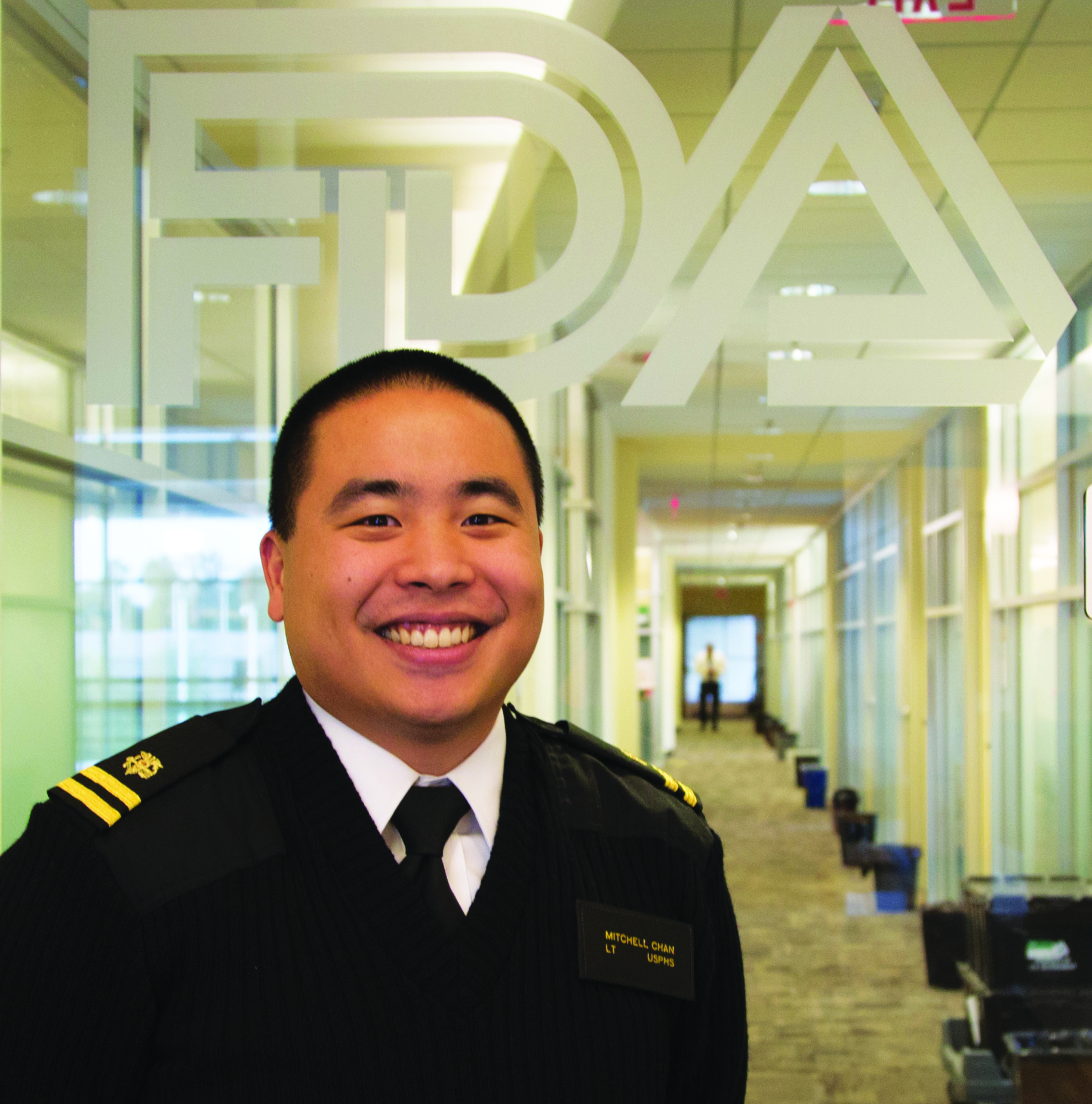- Oncology Clinical Trials (http://dev-voice.ons.org/topic/oncology-clinical-trials)
- U.S. Food and Drug Administration (FDA) (http://dev-voice.ons.org/topic/us-food-and-drug-administration-fda)
- Patient Resources (http://dev-voice.ons.org/topic/patient-resources)
- Oncology Drug Research (http://dev-voice.ons.org/topic/oncology-drug-research)
Not Eligible for Trials? Expanded Access May Give Patients Options for Investigational Products
The U.S. Food and Drug Administration’s (FDA’s) expanded access program (https://www.fda.gov/news-events/public-health-focus/expanded-access) is a pathway for providers to request using an investigational medical product to treat a patient with an immediately life-threatening or serious disease or condition outside of clinical trials when no comparable or satisfactory alternative therapy options are available. FDA’s Project Facilitate (https://www.fda.gov/about-fda/oncology-center-excellence/project-facilitate), a comprehensive program within FDA’s Oncology Center of Excellence, makes the pathway more accessible by assisting oncology healthcare professionals in submitting single-patient oncology expanded access applications.

The purpose of clinical trials is for research to support a commercial drug approval application, whereas the purpose of expanded access is for treatment. Patients who are not a candidate for a clinical trial may be able to use the investigational product through expanded access. FDA’s expanded access program encompasses (https://www.fda.gov/news-events/public-health-focus/expanded-access) both single-patient applications and intermediate and larger treatment investigational new drug applications.
Project Facilitate provides a call center for healthcare and regulatory professionals, staffed by FDA’s nurse practitioners and pharmacists, to answer expanded access questions, find resources for third-party institutional review boards and industry contacts, and inform on steps to submit single-patient applications. The clinical staff have drastically reduced review times to less than 24 hours and improved Project Facilitate’s ability to be a comprehensive program.
How to Apply for Expanded Access for Your Patient
The first step in approaching expanded access for a single patient is to identify the appropriate investigational product. After weighing the benefits and risks of the treatment, the healthcare team will ask the drug company or manufacturer if it will provide the product through expanded access. If the company agrees, it will prepare a letter of authorization, at which point the provider will complete and submit FDA Form 3926, which details the patient’s medical history and treatment plan.
If the application is granted, the provider must submit initial and follow-up safety reports as needed, an annual report at each anniversary of the application’s granted date, protocol amendments, and a summary report and withdrawal request following treatment. Some of the most frequent indications for which applications are requested include breast cancer, leukemia and lymphoma, glioblastomas, and prostate cancer.
In addition to its benefits for single patients who otherwise had no access to the investigational treatment, expanded access can have a positive impact on oncology drug research because drug companies can use the information collected during expanded access to support a drug approval. At Project Facilitate, we are expanding our research by focusing on outreach and supporting rural and small oncology clinics that may not have the resources or awareness to use expanded access.
